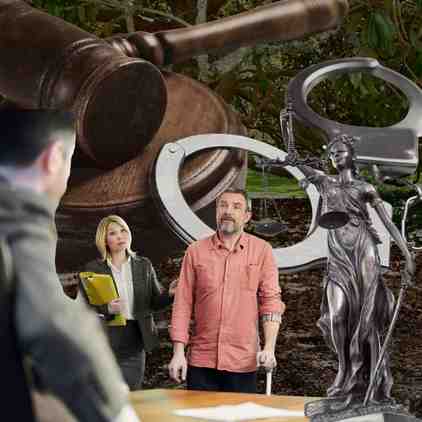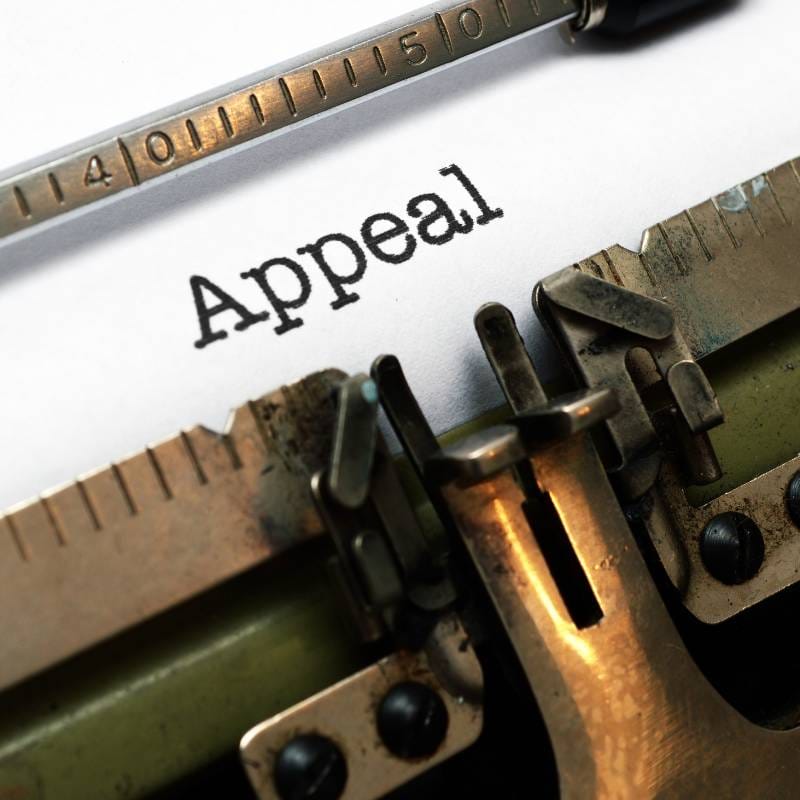

A criminal appeal is the legal process through which a convicted individual challenges a lower court’s decision. In Pakistan, criminal appeals are typically filed in higher courts, such as the High Court or the Supreme Court, depending on the case’s nature and legal grounds for the appeal.
This process enables the convicted person or their legal team, often led by a criminal defense attorney, to argue that errors occurred during the trial, or that new evidence, a misapplication of law, or improper handling of the case warrants a reconsideration of the judgment. A criminal appeal is a fundamental right in Pakistan, ensuring fairness and accountability within the criminal justice system.
We offer highly skilled legal representation for clients seeking to challenge criminal convictions through the appeals process in Pakistan. Our team of experienced criminal defense attorney is well-versed in the complexities of the criminal justice system, dedicated to safeguarding your rights, and committed to achieving a fair and just outcome.
Criminal appeals in Pakistan can be filed based on several grounds. So before filing an appeal, it’s essential to carefully review the judgment passed by the trial court. Consider the following points which may include:
Consult with your lawyer to determine the best legal grounds for the appeal based on the specifics of your case.
The court where you should file your appeal depends on the nature of your case:
Your lawyer can help you determine the appropriate court based on the circumstances of your case.
In Pakistan, criminal appeals must generally be filed within 30 days from the date of the trial court’s judgment. However, this timeframe may vary depending on the specific circumstances of your case. If you miss this deadline, you may request an extension, but you’ll need to demonstrate a valid reason for the delay.
The next step involves drafting a formal appeal petition, which is a written document that outlines the legal grounds for challenging the conviction or sentence. This petition should include:
This petition must be signed and filed by your legal representative with the appropriate court.
When filing a criminal appeal in Pakistan, you will need to pay the applicable court fees, which can vary based on the case and the court where the appeal is being filed. Your criminal defense attorney will guide you in determining the correct fee structure and ensure the payment is made on time.
Once the appeal petition is filed, the higher court will conduct a preliminary review. This review determines whether the appeal has merit and whether it should be formally admitted for further proceedings. If the court admits the appeal, it will proceed to the next stage.
In most cases, the court will schedule a hearing where both parties your legal team and the prosecution present their arguments. During the hearing:
The appellate court may also request additional evidence or documentation during this stage.
After considering all the arguments, evidence, and legal points raised during the hearing, the appellate court will issue a judgment. The possible outcomes of the appeal may include:
If the outcome of the appeal is unsatisfactory, you may be able to file further appeals, typically to the Supreme Court of Pakistan. This is generally reserved for cases involving significant legal issues or matters of public importance.
Once the appellate court has made its final decision, the ruling will be enforced. If the conviction is overturned, any wrongful imprisonment may be rectified, and if the sentence is reduced, the individual may serve a lesser sentence.
Our firm specializes in providing comprehensive legal services for criminal appeals. With years of experience in criminal law, our criminal defense attorneys are well-versed in handling a wide range of criminal appeal cases, from minor offenses to serious criminal charges. Here’s why you should choose us:
Our team of experienced criminal defense attorney understands the complexities of criminal law and appellate procedures in Pakistan. We provide skilled legal advice and representation at every stage of the appeal process.
We take the time to thoroughly review your case, assess all the facts, and tailor our approach to your specific legal needs.
With a strong history of successful criminal appeals, we have helped many clients achieve favorable outcomes in challenging cases. Our proven ability to secure reduced sentences, acquittals, and case dismissals speaks for itself.
Our criminal defense attorneys conduct a thorough review of your trial proceedings, evidence, and court records to identify any errors or injustices that may have occurred. We employ a strategic legal approach, focused on achieving the best possible outcome for you.
Our criminal defense attorneys are deeply committed to upholding your rights and ensuring that justice prevails, even if it means taking on complex or high-stakes cases. We are dedicated to providing you with the best legal representation possible, no matter the challenges.
We represent clients seeking to overturn wrongful convictions and reduce penalties through criminal appeals.
We work to reduce sentences, particularly in cases involving excessive or disproportionate punishment.
If new evidence has emerged that could impact the original decision, we help to present this evidence in your appeal.
Our firm handles criminal appeals for serious offenses, including murder, drug trafficking, corruption, and white-collar crimes.
We provide expert legal representation in both the High Court and the Supreme Court of Pakistan.
If you or a loved one has been convicted of a criminal offense in Pakistan, don’t hesitate to reach out to us. In addition, our team of skilled criminal defense attorneys is ready to assist you in navigating the appeals process. Furthermore, we offer an initial consultation to discuss your case and determine the best course of action.
“Ahmed Ali Dewan & Co. is a trusted law firm specializing in intellectual property, criminal law, family law, and corporate law. We provide expert legal services tailored to your needs, offering professional guidance in complex legal matters. Contact us today”